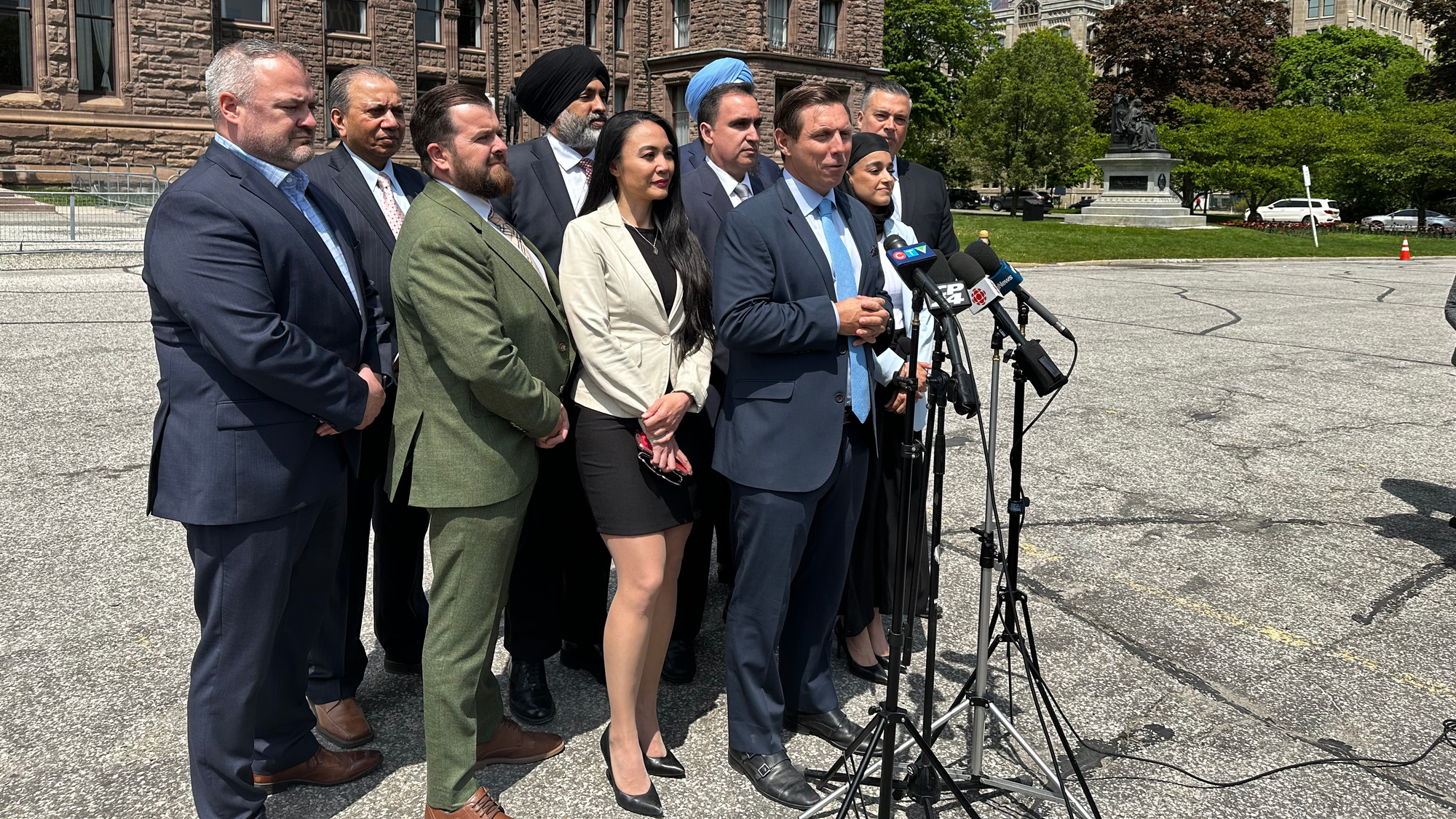Political analysts have expressed concerns over accountability in local democracy after the announcement last week that strong mayor powers are being extended to 26 additional municipalities in Ontario.
The expansion will come into effect next month and will apply to municipalities that currently have a population of 100,000 or are planned to reach that size by 2031.
Mayors in Hamilton, London, Brampton and Mississauga are among those who will receive these new powers.
Zack Taylor, an associate professor from the Department of Political Science at Western University, said while rolling out strong mayor power to more municipalities is on the provincial government’s agenda, he was surprised by how fast it was enacted.
“I would have thought that they might have rolled them out in time for the next municipal elections in 2026,” he told Humber News.
The strong mayor reform gives a mayor the power to pass housing-related by-laws with one-third of the city council’s votes. Other powers include determining the city’s organizational structure, appointing the chief administrative officer, and introducing the annual budget.
Ontario Premier Doug Ford introduced the reform last fall to Toronto and Ottawa, two of the biggest cities in the province.
The Ontario government said these new powers will help municipalities fulfil the housing pledges they have committed to and get 1.5 million homes built in the province by 2031.
Taylor said the expansion essentially “changes the rules of the game” without voters’ consent.
“I think that it is strange when powers can be handed to particular politicians after they have been elected because the voters did not know that first before they were elected,” he said.
He also said smaller municipalities lack well-established by-laws and procedures that ensure the best bureaucrats are appointed and promoted based on merits to run the cities.
“All the places have much flatter management structures, and given that the way that the regulation was worded, there is not a lot of limitation on how deep the mayor can reach the administration in terms of their ability to appoint people,” he said.
Several mayors have welcomed the expansion. Brampton mayor Patrick Brown said in an interview with CP24 the new power brings more accountability since mayors can no longer blame the council when they cannot deliver their promises.
Brown also said the new powers are in line with municipal governance in other countries like the U.S., where the mayor is not just one vote in the council.
But Taylor said while a strong mayor system exists in the U.S., it is not how a majority of municipal governments are run.
He said he is also concerned about the lack of checks and balances when minority rule powers are used in smaller municipalities.
“Brampton is an especially interesting case because it has a very small council. There are only six members,” he said. “So the mayor would only need to have one other vote agreeing with him to use the minority rule powers.”
Zachary Spicer, an associate professor at York University’s School of Public Policy and Administration, said while the new powers weaken the councils’ collective accountability, it is not necessarily bad for local democracy.
“We are in, the most part, potentially uncharted water here,” He told Humber News. “There has been a number of them [mayors] saying that they are still going to seek consensus-style governance on a whole range of issues.”
Mayors in Toronto and Ottawa have yet to use the minority rule powers. Several leading candidates in Toronto’s upcoming mayoral race, including Olivia Chow and Ana Bailão, have also said they will not use these powers.
“So it is all to say that it really kind of depends on how individual mayors react to them, essentially,” Spicer said.

